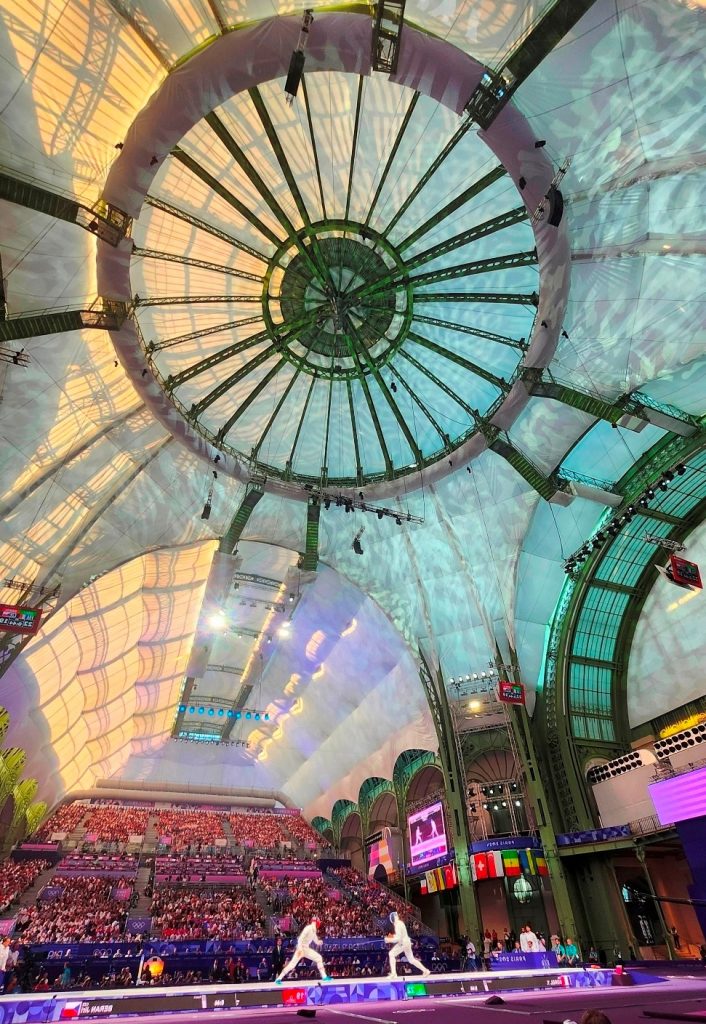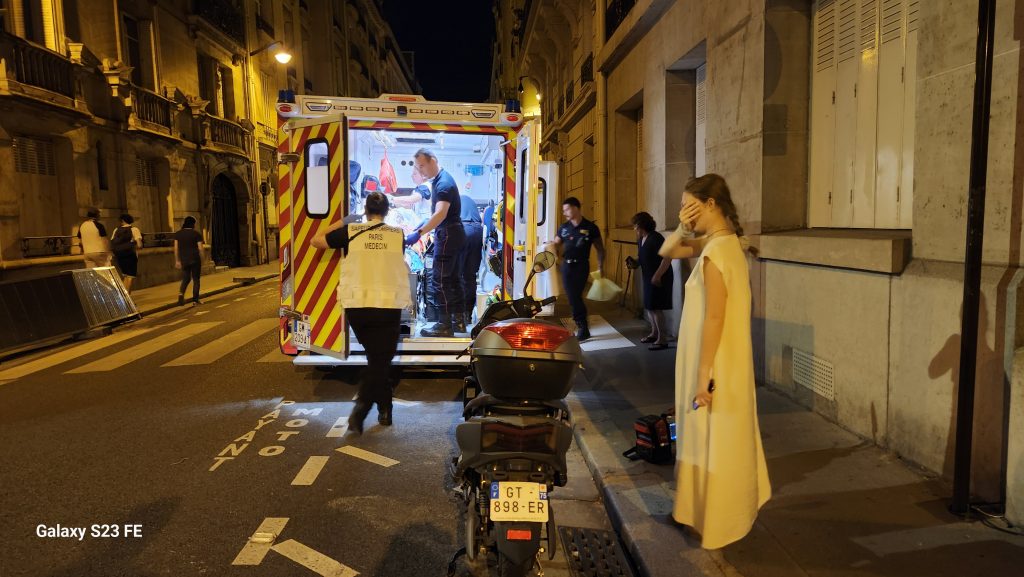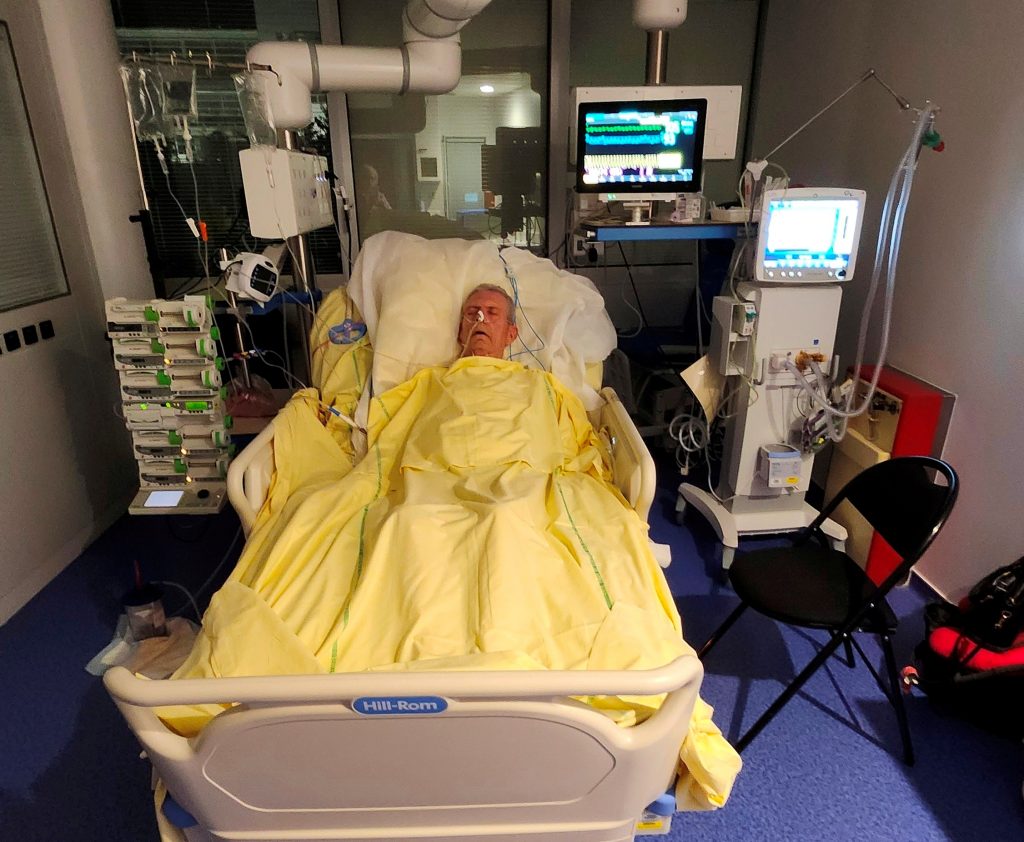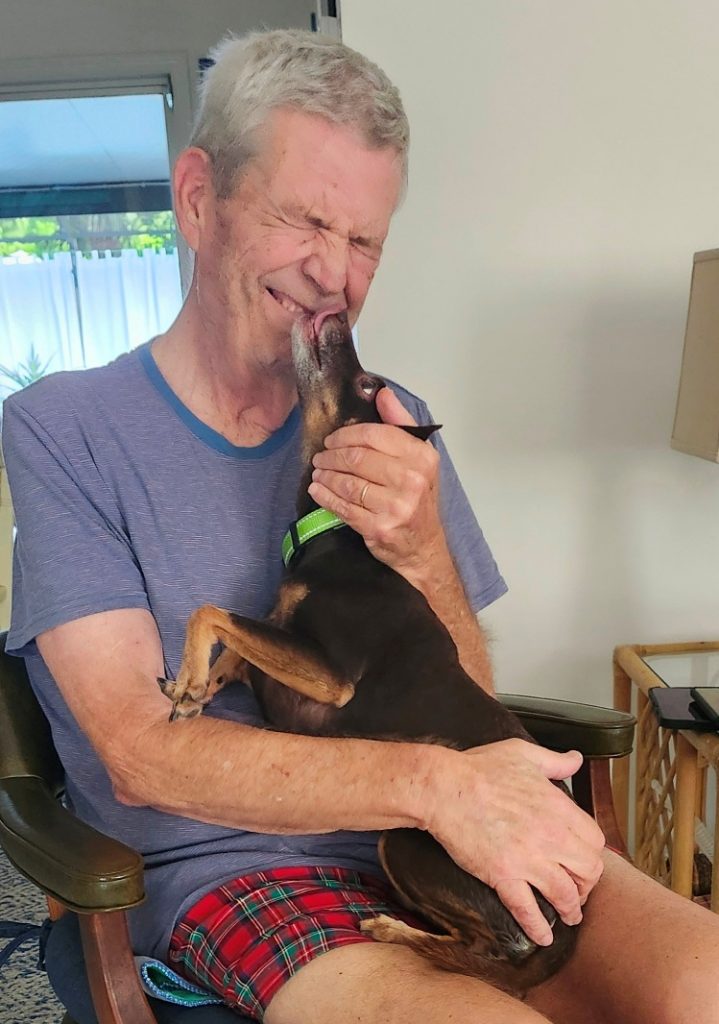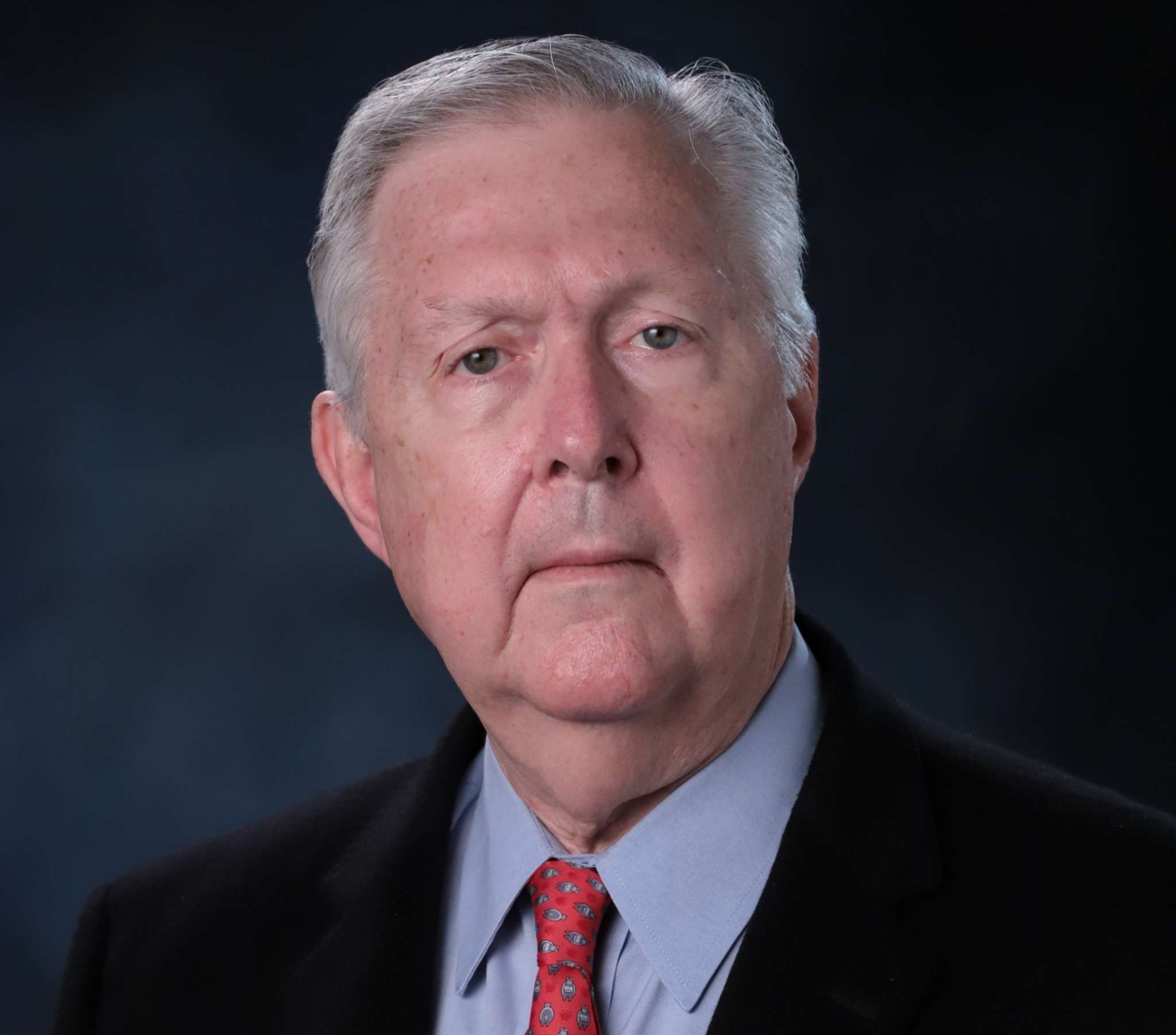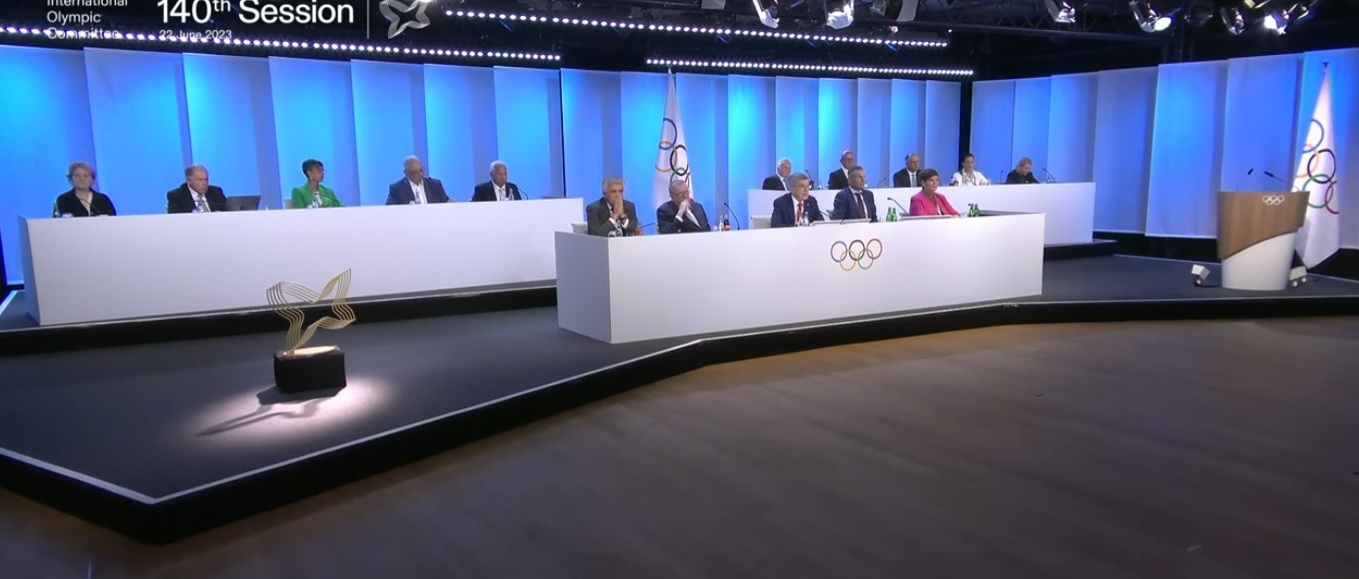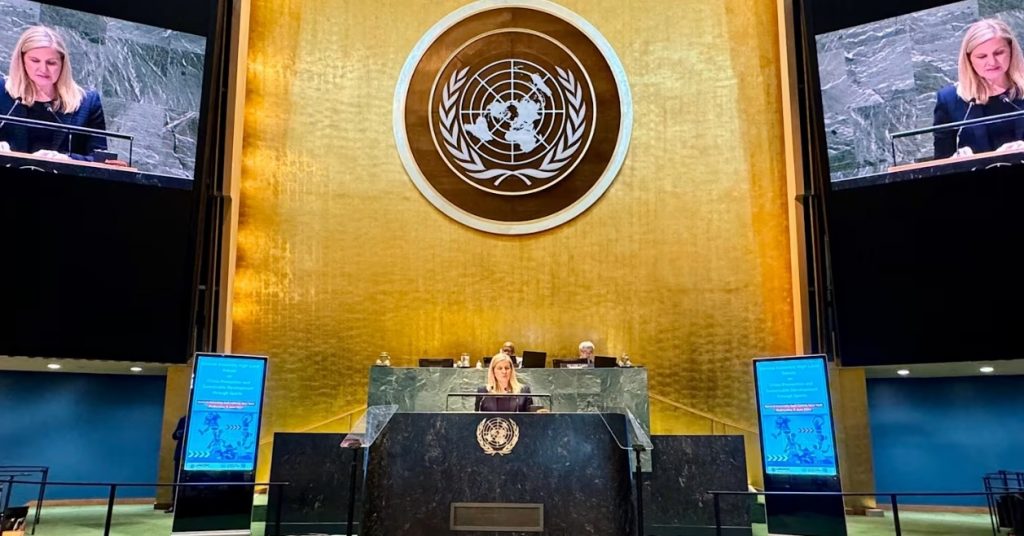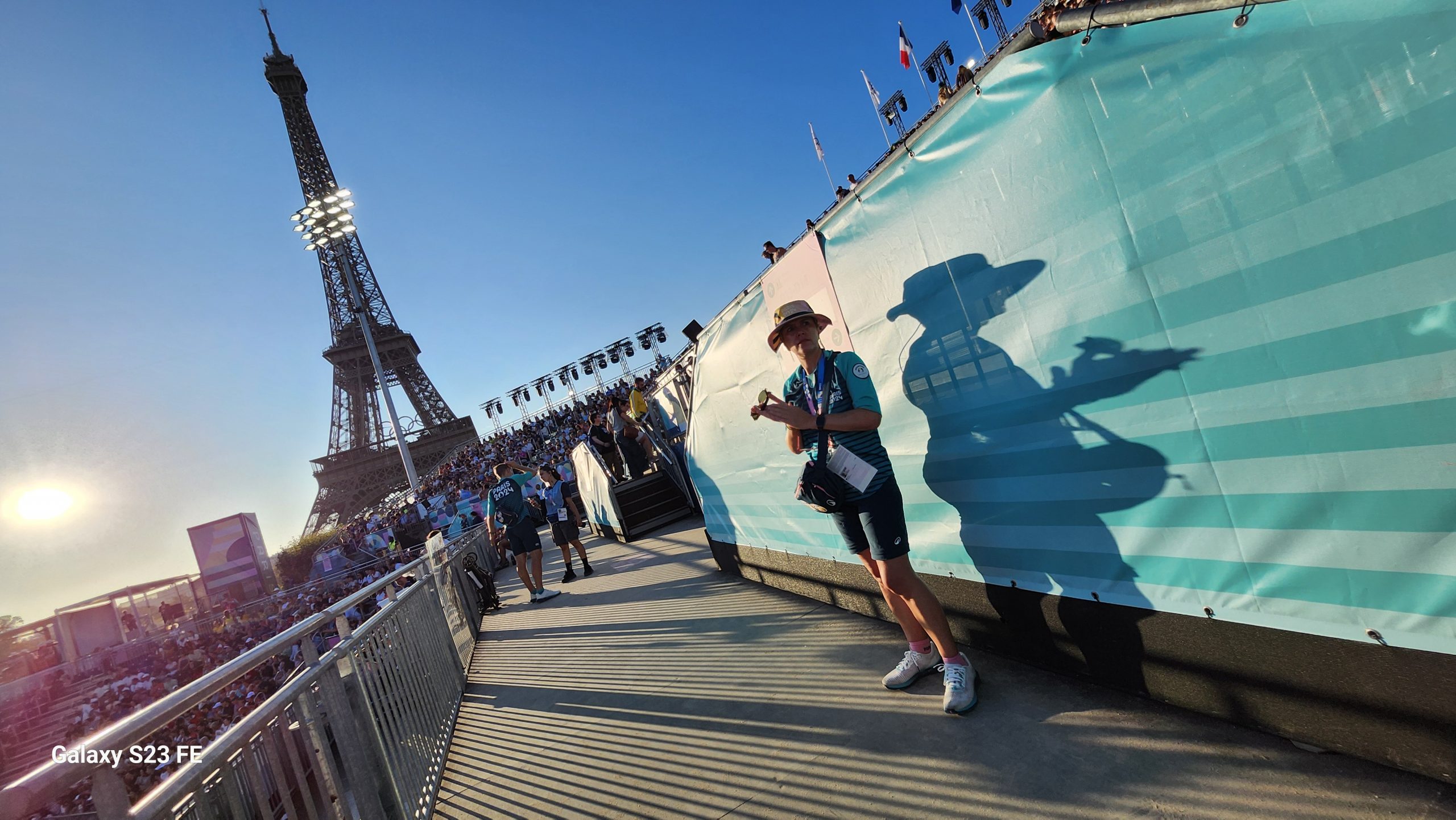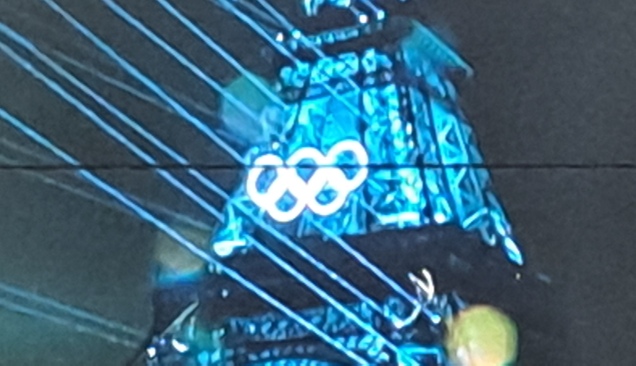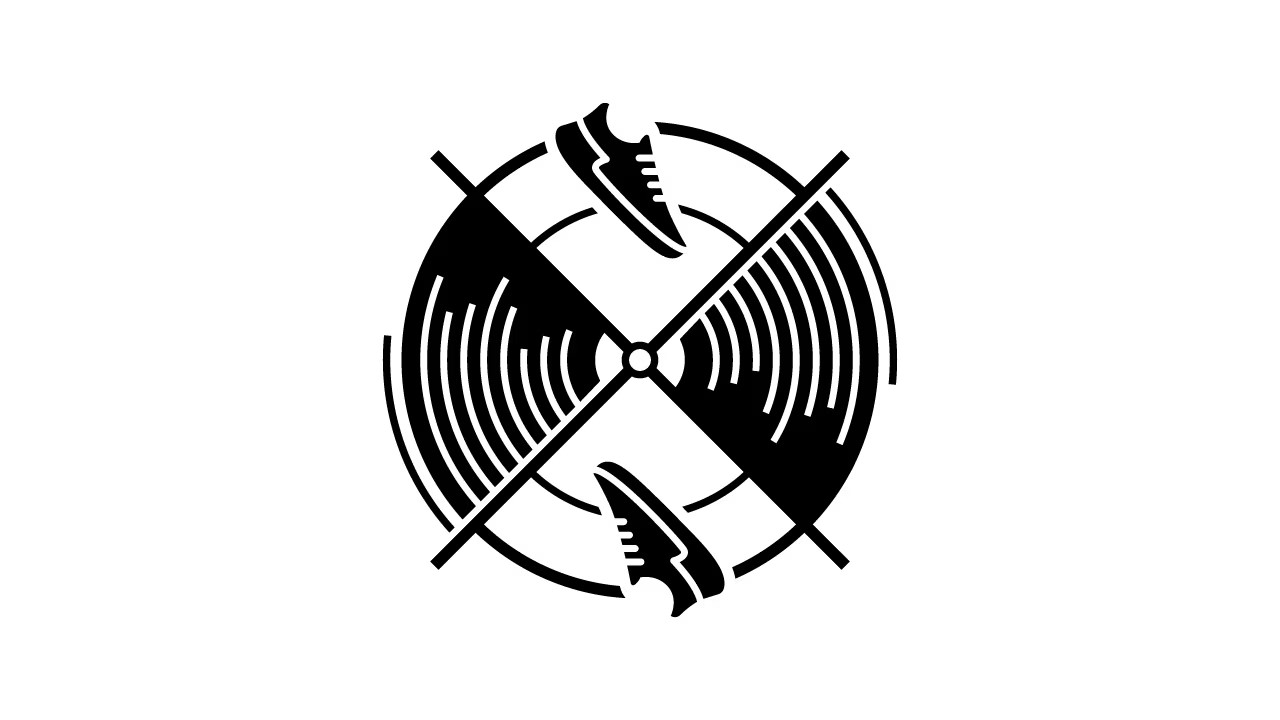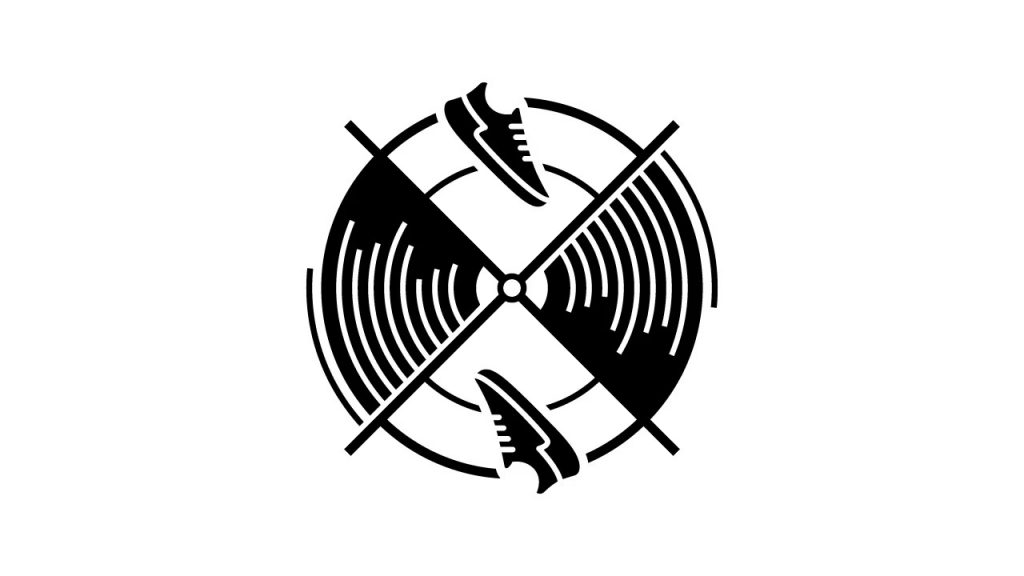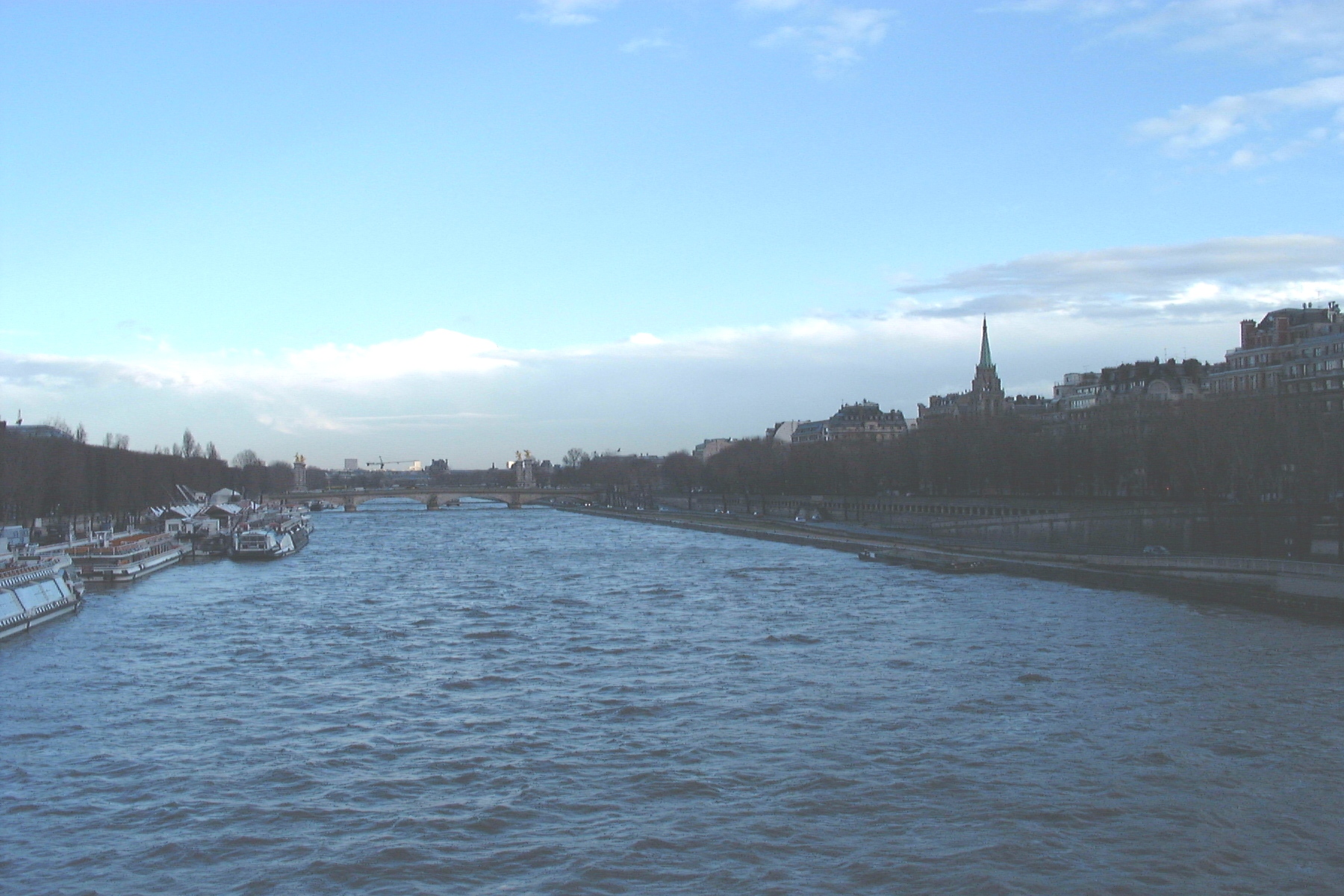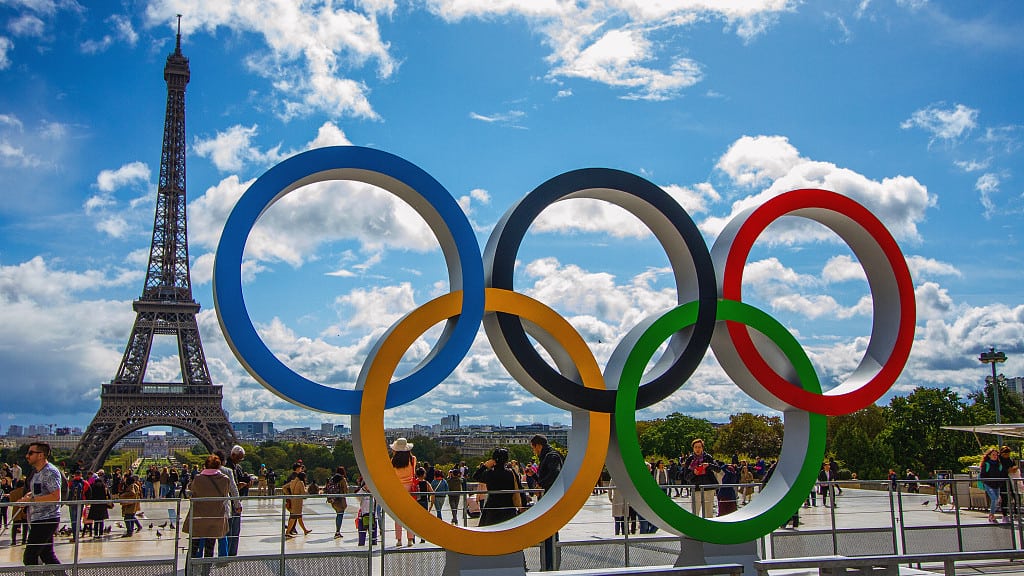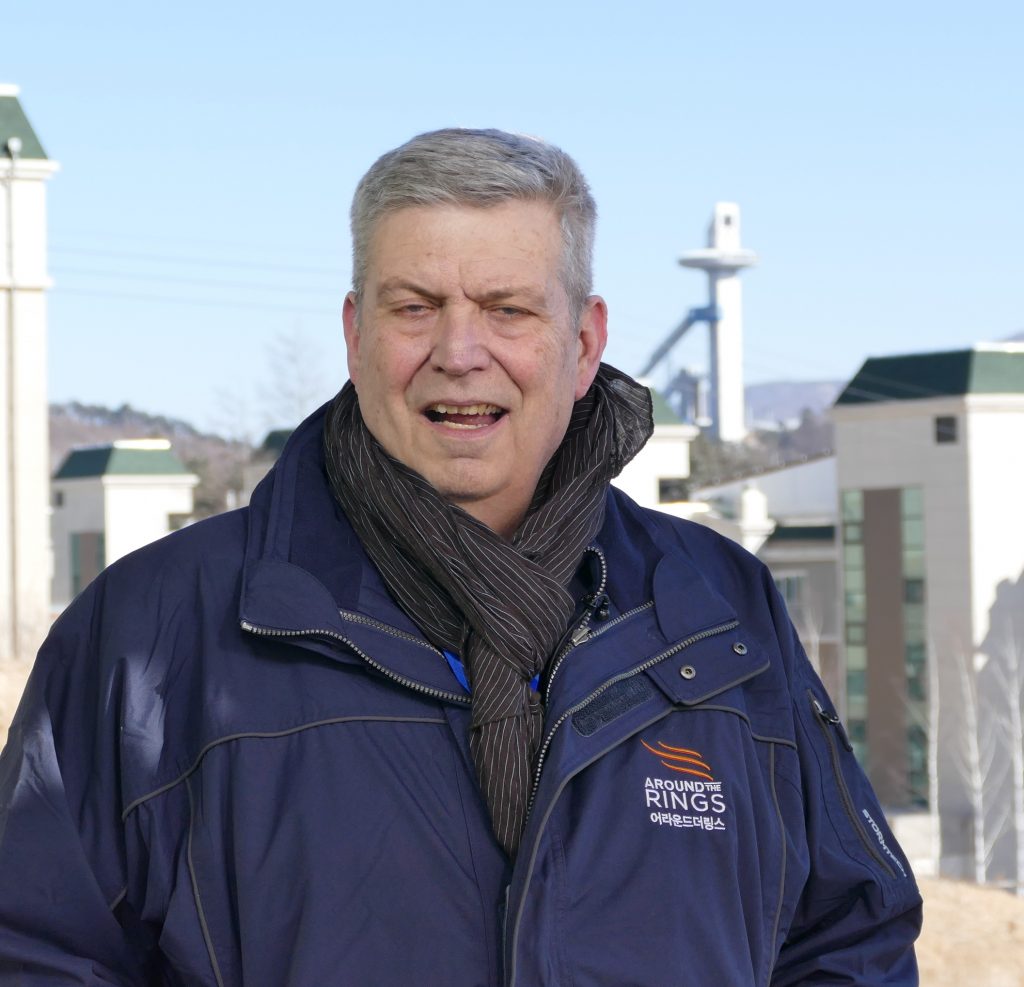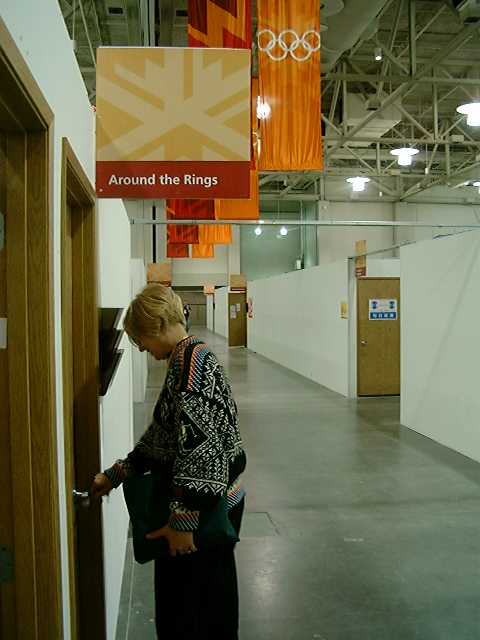No Introduction Needed for Trump and LA28 Olympics
By Ed Hula
In what could be a big plus for organizers of the 2028 Los Angeles Olympics, President-elect Donald Trump is already on board with his support for the Games. He’s even gone so far to take credit for bringing the Olympics to LA.
“As President-Elect, I worked with the Olympic Organizing Committee of Los Angeles in getting the 2028 Olympics to come to the United States. There was tremendous competition from other countries,” Trump wrote in an August post on the Truth Social website. He repeated the claim in a podcast in the past month hosted by Bill Belichik, adding the 2026 World Cup as another event he purports to have secured for the U.S.

The support of the U.S. president is needed for the multiple federal agencies involved with the staging of the Olympics. Security may be the biggest ticket, along with other services ranging from diplomatic functions to weather forecasting.
But the real plum for a U.S. president is the ceremonial role played during the opening ceremony of the Games. As head of state in 2028, his last year in office, Trump will stand at the microphone in SoFi Stadium to declare the opening of the third Summer Games in Los Angeles.
Trump, as it turns out, will play a key role for the 2028 Olympics that no other U.S. President has played. He’ll have overseen the federal government involvement in Los Angeles from the days of the bid eight years ago to the opening of the Games in less than four years. Due to the timing of U.S. elections and the placement of the Olympics, such a coincidence will continue to be rare.
While this latest campaign to bring the Olympics back to Southern California began as a bid for 2024 in the last days of the Barack Obama presidency, it was the first Trump administration that organized the federal support. Then, in 2017, the IOC orchestrated the twin awarding of the 2024 Games to Paris and 2028 to Los Angeles. Included in those machinations was the need to secure the backing of the federal government prior to the IOC vote.
Trump signed the pledge for federal government support for the new dates for the games at a ceremony in Los Angeles in February 2020. Trump was in the final year of his first term, self-assured that he would win the election that year for a second term. Trump teased LA28 chair Casey Wasserman that he would need help with seats at the Games since Trump wasn’t expecting to be in office in 2028.
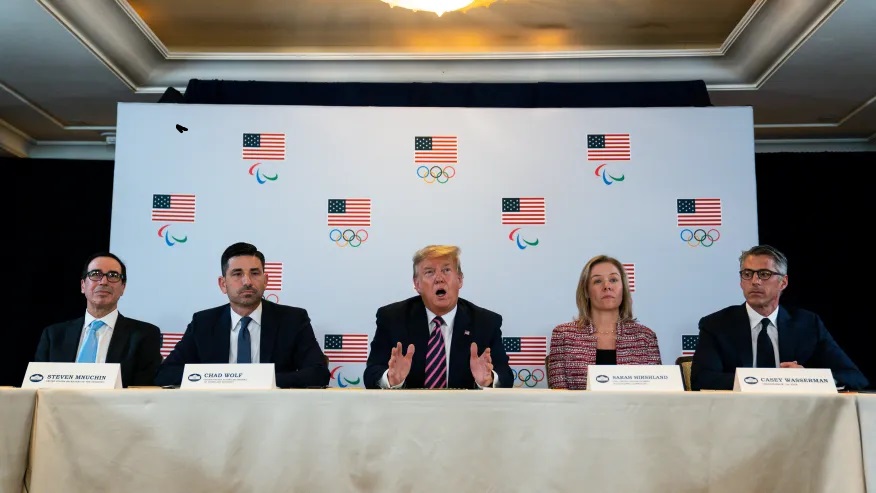
“I hope you remember me in 2028. Okay? Do you promise, Casey? Or will you … ”
“I promise, sir,” replied Wasserman.
“At least give me a seat, okay?” Trump responded.
“Guaranteed,” Wasserman promised.
As it turned out, Trump lost his 2020 re-election bid. But storming back into power following the results of the Nov. 5 vote, Trump can now expect great seats in Los Angeles and the opportunity to open the Games for a worldwide audience. While the head of state remarks are prescribed in the Olympic Charter, that didn’t stop the last U.S. President to open an Olympics from embellishing the script at the 2002 Winter Games in Salt Lake City. Speaking just five months after the 9/11 attacks, George W. Bush inserted a few extra words.
“On behalf of a proud, determined, and grateful nation, I declare open the Games of Salt Lake City, celebrating the Olympic Winter Games,” he proclaimed. While he varied from the protocol, the IOC did not complain.
Given his speechmaking notoriety, there’s no telling what President Donald Trump might say when his microphone opens the evening of July 14, 2028, at SoFi Stadium in Los Angeles.


